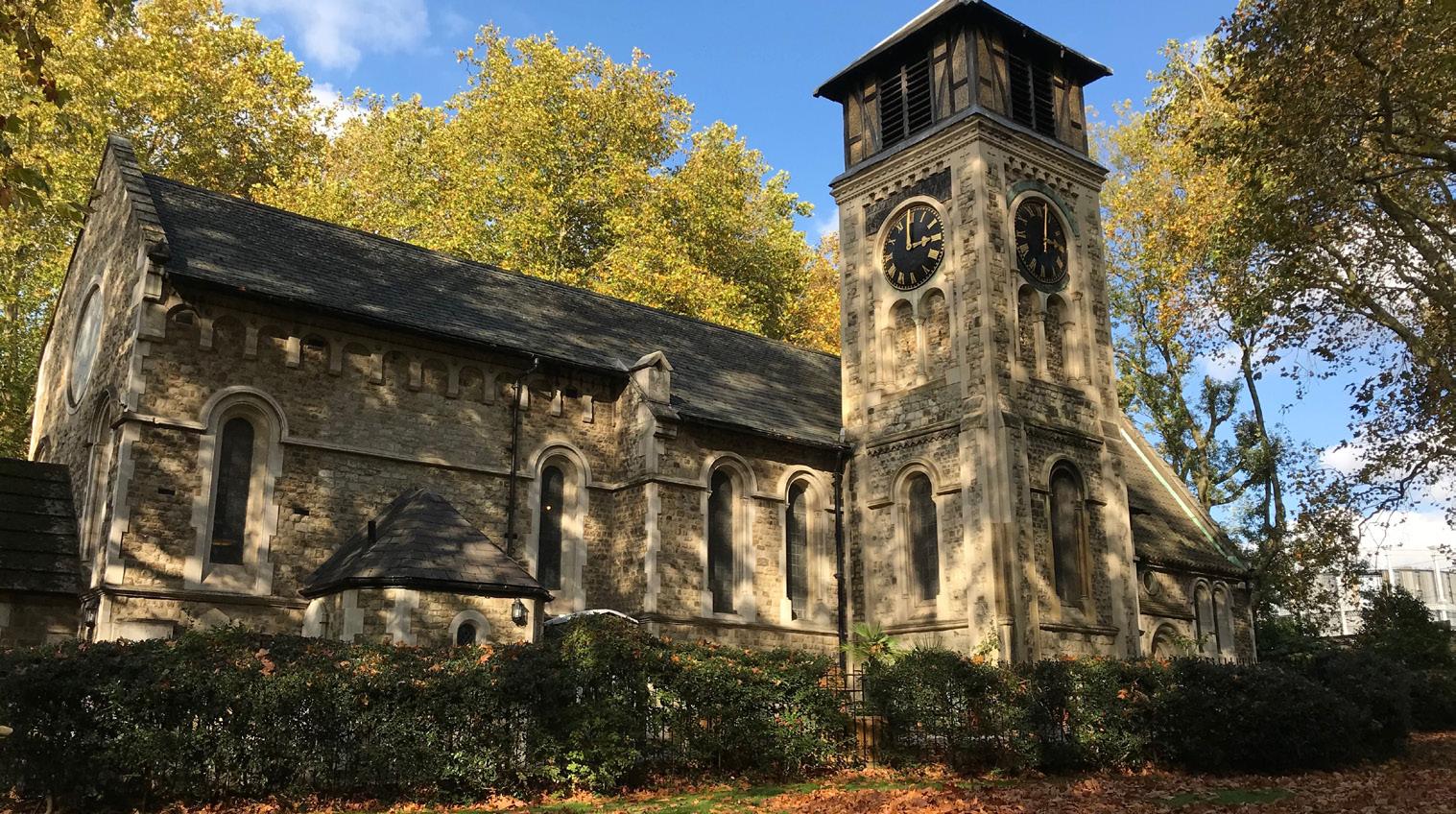
3 minute read
SONGS OF TRAVEL
Welcome to our 2022 / 23 season, Songs of Travel. It is the final instalment of our ‘Six Chapters of Enlightenment’ series here at the Southbank Centre.
The idea of a journey excites us all. Whether it is a new adventure or one we have made dozens of times before. Travel and the idea of leaving home left a deep impression on the British and European mindset in the 17th and 18th centuries. And, of course, it is one of the great literary metaphors with the promise of discovering something about ourselves on the way to our destination.
Advertisement
The 18th Century was a whirlwind of correspondences. International navigation was leaping forward with Captain James Cook’s maritime expeditions whilst newspapers, novels and engravings were distributing ideas and images in a manner previously unparalleled. As a result, the intellectual aspiration of the common man gained a wholly new stride. One which would reach beyond the bounds of the immediate and conventional into new realms of existence: far off lands, radical political thought, belief beyond convention and transports of the artistic soul which would make the desperate leap into the passions and turmoil of romanticism. The song of travel eventually becomes the realisation of self as hero in the flight from non-social space to the strange and wonderful of the 19th century: exoticism, opiate dreams, mesmerism, madness and the supernatural.

The music we’ve selected for the season reflects journeys that are physical and of the mind. It is the work of creative thinkers that were able to imagine unknown places through the descriptions of others, to put the fantastical to use to satirise the contemporary, to reimagine the past in new ways, to explore our individual freedom, our sense of collective belonging, and the need to travel to find their own place in the world, a journey many of us still make today.
Thank you for joining us today and supporting not just the OAE but live performance by the whole cultural community. Music by its very existence is about community and shared journeys, an adventure that looks beyond that which divides us to seek joy in common belief.
In our two Mozart on the Road concerts we perform works by three composers – CPE Bach, JC Bach and WA Mozart – who were also sons of composers and all found that leaving home was the path to creative freedom. They were able to strike out and establish their reputations away from the traditional social network, in part, thanks to the travel and communications revolution of the Enlightenment. If the means to travel had advanced, the mechanisms by which ideas were circulating leapt forward even more dramatically. Newspapers were becoming increasingly common – what we now know as The Times was first published in 1785 – and composers were increasingly able to take control of the commercial dissemination of their work (in no small way due to JC Bach himself, who had won a landmark copyright legal case in 1777). Social change meant that a revolution was under way in the models by which professional musicians operated and audiences experienced music.
The two Bach’s were half-brothers born a little over two decades apart. They represent different phases in the evolution of musical style in the 18th Century and, as Nicholas Kenyon explores in our programme article, took very different approaches to the opportunities that opened up during their lifetimes. The shadow cast by their father, JS Bach, may have led to the importance of their own work being overlooked: neither was second rate, both were effortlessly brilliant and shedding light on these neglected corners is at the core of the OAE’s mission. JC Bach, in particular, should be close to the heart of London concert-goers; he made his home here and made a substantial contribution to public music-making in the city after the death of Handel that we continue to feel the benefits of to the present day.
Mozart, of course, eclipsed his own father in his fame. It is always fascinating to place him within the context of where he came from. In today’s concert we encounter him a few years before we did in Part 1, in his mid-twenties and on the verge of breaking free from the chains of his home town. It is a very real journey that millions of us continue to make today, one that can prove both liberating but also challenging.
There will be a pre-concert talk with Kati Debretzeni and performers from tonight’s concert at 6.00pm in the Southbank Centre’s Queen Elizabeth Hall Foyer.










